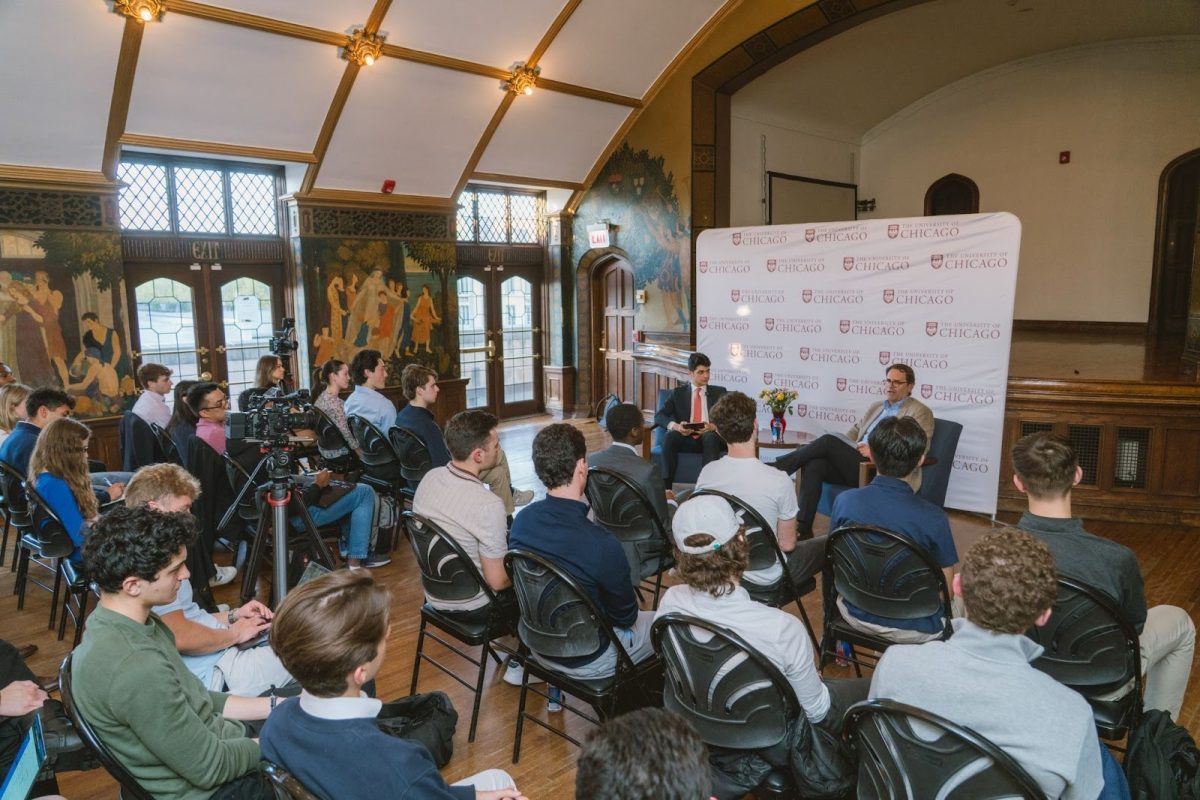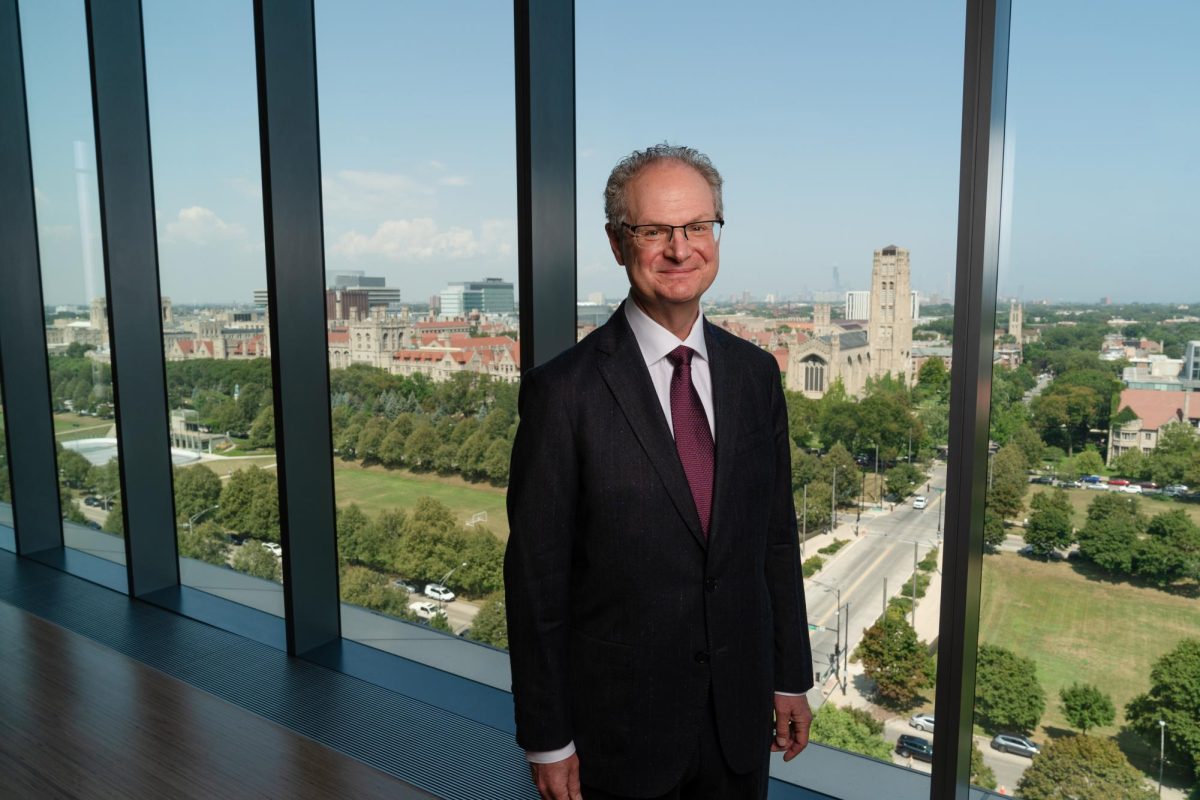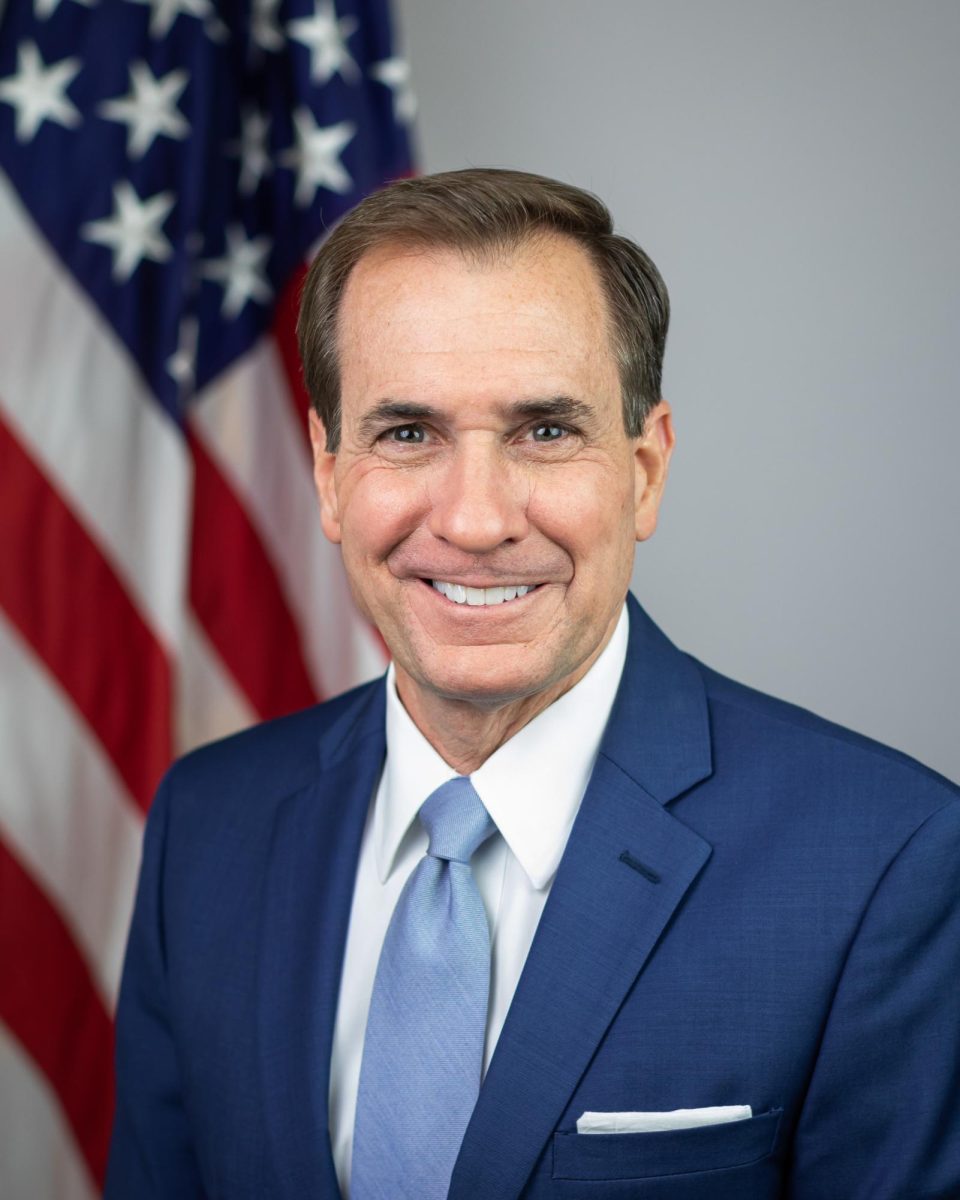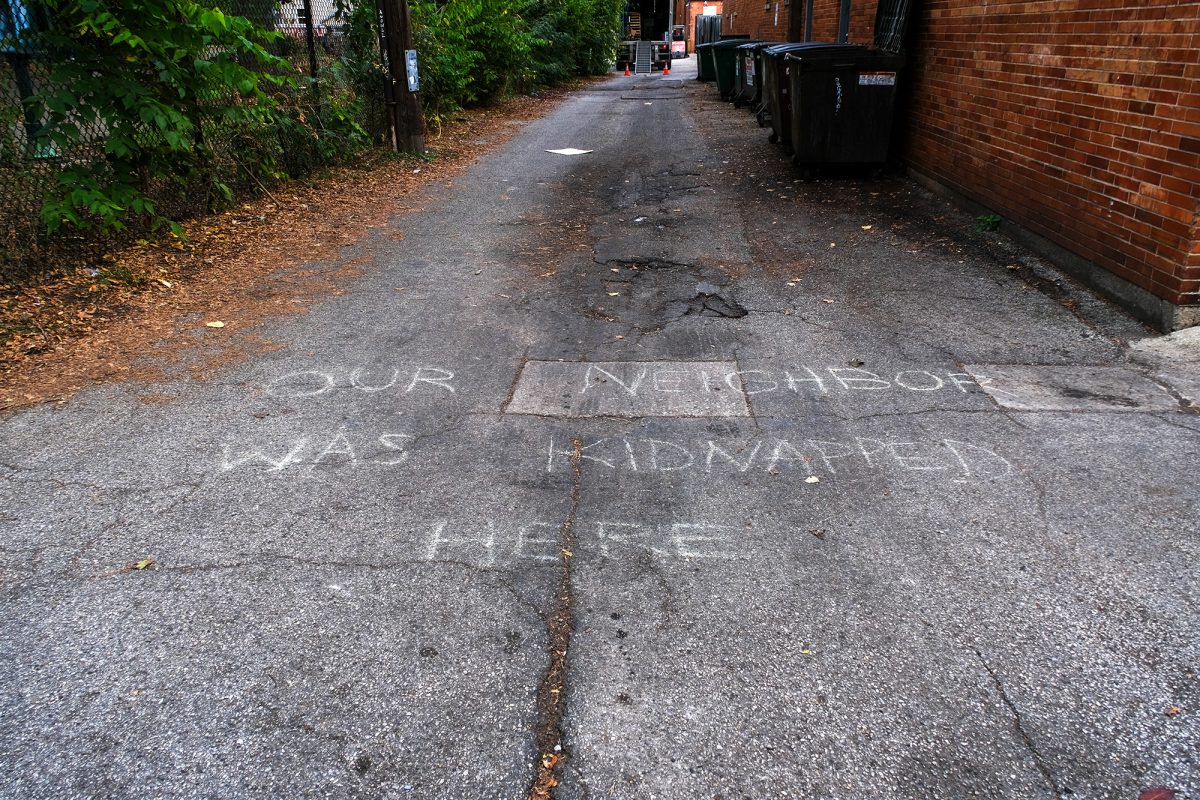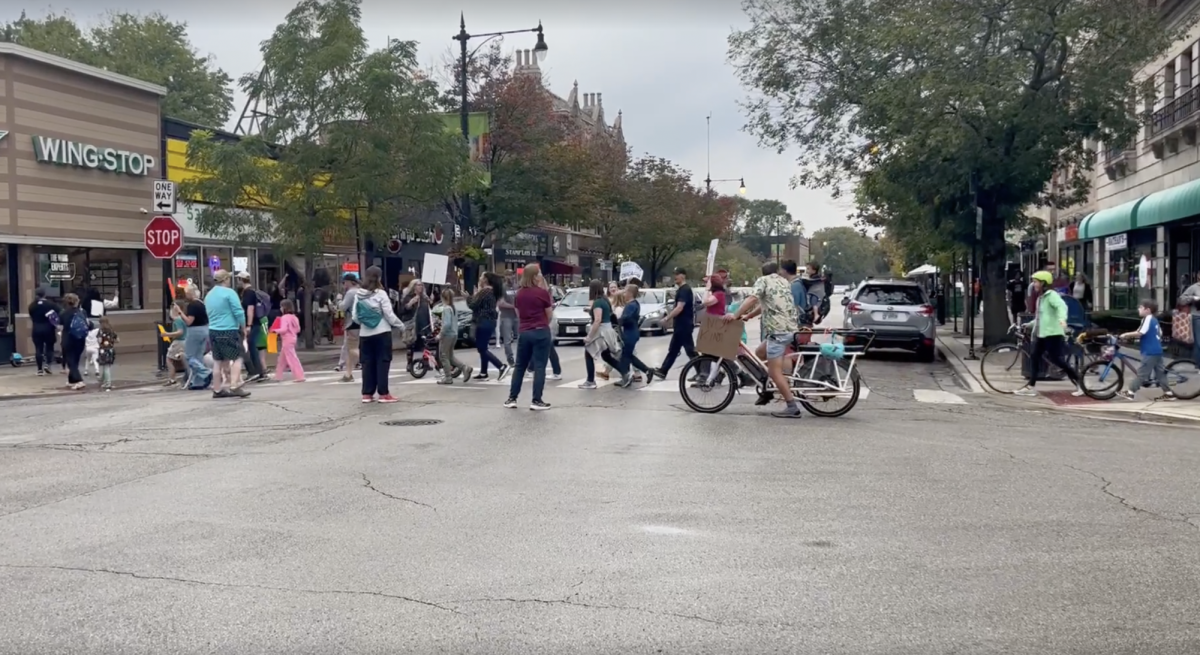[img id=”78747″ align=”alignleft”]
The U of C isn’t necessarily known for its partying, but one RSO is saying the campus has a drinking problem. With bottled water, that is.
A subgroup of Green Campus Initiative (GCI) is looking to reduce bottled water use across campus, and with SG’s support, the group is looking to educate students about the environmental and economic advantages of using tap water while looking for ways to make it more available.
SG Assembly passed a resolution Thursday proposed by GCI 14 to six in support of the reduction of the sale and distribution of bottled water on campus. While the resolution has no direct consequence, it demonstrates SG’s backing of the ban.
The issue of bottled water was first brought to the attention of SG by UChicago Students Against Bottled Water (SABW), a GCI subgroup that has been active since Spring 2010.
“Our goal is to reduce and ultimately eliminate the consumption of bottled water at the U of C,” said third-year SABW leader Joe Sullivan.
The SG resolution does not contain any mention of the environmental impact of bottled water, though it does refer to health concerns associated with the looser regulation of bottled water compared to tap water, and to the economic inefficiency of purchasing a product that is available for free.
“The economic thing is what’s going to get people to agree with it most because not everyone is going to be passionate about the environment,” Sullivan said. “But they will think about paying $1.50 for a bottle of water when they could be getting it for free.”
In addition to the SG resolution, SABW is also working on educating students about the initiative. The group has circulated a petition that has already been signed by over 500 students and faculty; SABW also posted signs on refrigerators where bottled water is sold in the Aramark shops.
Next, the group will ask the SG Funding Committee to deny money for bottled water to RSOs that request it in their budgets.
But Richard Mason, director of Operations and Communications for Housing and Dining Services, believes that an education campaign alone will not change the student body’s attitude toward bottled water. According to Mason, students buy bottled water for the convenience, not because they mistakenly believe it to be better than tap water.
Mason said the solution is to provide usable alternatives to bottled water. “Campus dining has put some water hydration stations in the Maroon Market and Hutchinson Commons and Midway Market as places that people can fill up with filtered water for free,” he said.
Mason added that if the hydration stations become popular, sales of bottled water would drop significantly. “I could certainly envision a time when there would be very little bottled water offered,” he said. “If there’s not demand for it, there’s no reason to sell it.”
One department on campus has opted for a more immediate approach. In December, Facilities Services adopted a policy designed to eliminate the use of plastic water bottles. “We would really like to be a model on campus for how you can be really green,” said Ilsa Flanagan, Director of Sustainability, an office within Facilities Services.
But such immediate action may not be realistic in other departments. “I’ve been trying to make Joe [Sullivan] and some other students aware of the various issues they might encounter,” Flanagan said. When Facilities Services moved back into the newly-renovated Young building this fall, the infrastructure was in place to make a transition from bottled water possible, but not all buildings have access to water lines.
“I don’t really support the idea of a general ban, because I just don’t think that that fits into the ethos of the University of Chicago,” added Flanagan. “When you’re able to convince someone to change their behavior, that’s going to be more sustainable in the long run.”
Though Flanagan warned that it may take time to make the necessary infrastructure changes, she did comment on the speed with which the movement against bottled water had developed.
“I’ve only been here a couple of years, but this seems to be the fastest-moving campaign I’ve seen on campus,” Flanagan said.



